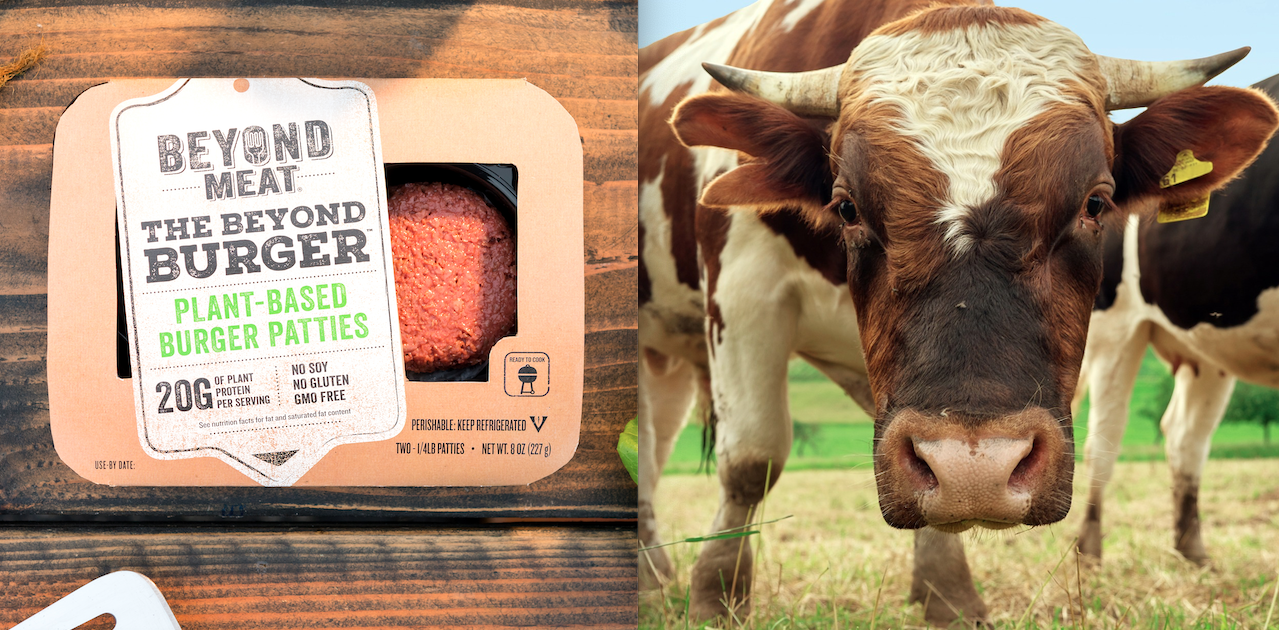With the release of the new food guide and the growing desire for healthier more sustainable proteins, meat alternative products are becoming popular, but are they healthier?
Sarah Anstey, a Clinical Dietician at University Hospital of Northern British Columbia, said it’s important to recognize that just because a food item is made from plants does not mean it’s necessarily better.
“In general these meat alternatives are heavily processed foods that contain added oils, added salt, and other preservatives so if we are eating foods like this regularly, whether they are plant-based or not they could have negative side effects.”
Comparing the popular Beyond Meat brand to regular ground beef calorie wise the two are similar; 4 oz of lean ground beef is 243 calories in comparison to 4 oz of Beyond Meat which is 290.
While the meat alternative does have zero cholesterol, it also has six times the sodium as lean ground beef.
Anstey said meat alternatives are still okay to use sometimes but should not be considered a full replacement.
“We do know the whole plant-based food diet will be healthier for our bodies and more environmentally sustainable. Research has been pointing us in that direction for a while now.”
She added although the new food guide emphasizes more plant-based proteins and meat alternatives the focus is on how food is made not on pre-made options.
“That means cooking skills. Knowing how to grocery shop and how to add these plant-based proteins into the foods you are already eating rather than making the swap and going into the frozen food section and choosing an alternative.”
Something going on in the Prince George area you think people should know about?
Send us a news tip by emailing [email protected].






